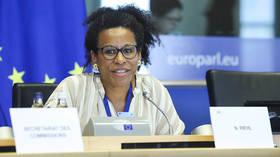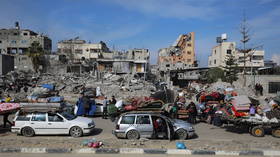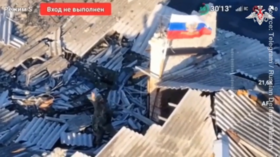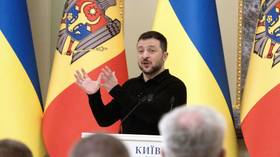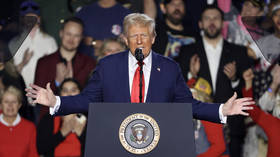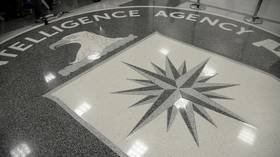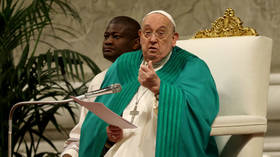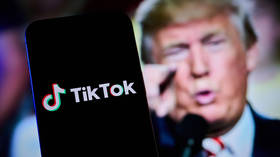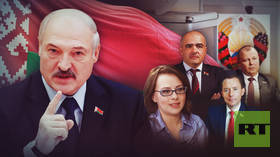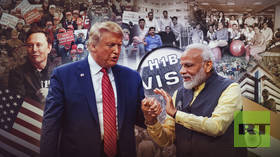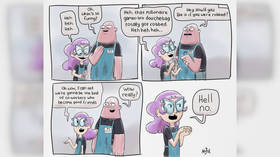Ties between Moscow & OPCW going through ‘period of challenges,’ but point of no return not yet reached, Russian envoy tells RT
The US and its allies are trying to turn the UN’s chemical arms watchdog into a political tool, but it remains an important platform via which Moscow can defend its interests, Alexander Shulgin, Russian envoy to the body, told RT.
The ambassador was speaking in the light of a statement made by Russia’s Permanent Representative to the UN, Vassily Nebenzia, on Thursday. Nebenzia had suggested that the country may well consider quitting the Organisation for the Prohibition of Chemical Weapons (OPCW) altogether, if “it completely loses credibility.”
The statement was made amid a row between Moscow and the West over the alleged poisoning of Russian opposition figure Alexey Navalny this August. Germany, the country where the activist underwent treatment, insisted it had discovered traces of the Soviet-designed nerve agent Novichok in his system. The OPCW later confirmed the finding, with Russia facing sanctions over its alleged involvement in the incident. Moscow has denied any involvement, adding that Berlin has failed to respond to all its offers to share data and cooperate in the investigation.
During his live appearance on RT, Ambassador Shulgin expanded on the state of Moscow’s relations with the watchdog, making it clear that Nebenzia’s words were a warning to Western partners.
As one of the first nations to sign and ratify the treaty signed at the Chemical Weapons Convention in 1997, Russia was one of the founders of the OPCW and, for years, had “exemplary” relations with the body, Shulgin reminded viewers.
However, relations have soured in recent times because of “the stubborn desire of the US and its allies to substitute international law with their own made-up rules whenever it suits them,” Shulgin said.
It manifested itself in imposing the uncharacteristic prosecutor’s function of determining those responsible for the use of chemical weapons on the OPCW, violating the Chemical Weapons Convention, and harm being done to the prerogatives of the UN Security Council.
The West is trying to politicize the OPCW and “in fact, turn it into an obedient tool to realize their military and political agenda,” the envoy said.
However, although the relationship between Russia and the OPCW is currently going through what he described as “a hard period of challenges,” Shulgin insisted he would “steer clear of saying that we’ve reached some kind of a point of no return.”
“The OPCW tribune is important for us as a place where we can relay our stance, defend our interests, and share our views on the world’s affairs in a well-argued manner,” he said.
However, he described the situation that has arisen over Western reluctance to share data on Navalny’s alleged poisoning with Moscow as “unpleasant.”
Also on rt.com Moscow claims Navalny poisoning clearly an 'amateurishly staged stunt' after EU governments ignore requests for evidence“Our German partners loudly state that this affair is beyond bilateral German-Russian relations, but rather something multilateral that can only be considered and decided upon on the OPCW platform. At the same time, the Technical Secretariat [of the OPCW] sends us to German colleagues with our questions. It’s a kind of a vicious circle,” the envoy explained.
This “vicious circle” can be broken, he opined, but it would require “some goodwill” from the parties involved. “We have a lot of it and let’s hope that our colleagues will also develop enough common sense to cooperate with us as stated in the Chemical Weapons Convention,” Shulgin concluded.
Like this story? Share it with a friend!



